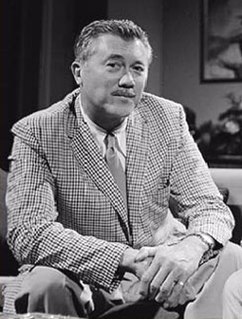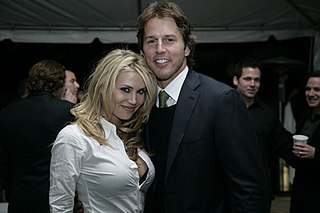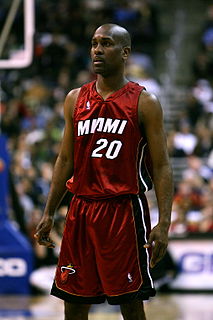A Quote by Anuj
The real leaders intend to do definitely that good task for which a pretender has provoked them by saying that it can't be done, but the good number of pretenders tend to do only that job for which a real leader has cautioned them by showing the things that should not be done.
Related Quotes
O, this faith is a living, busy, active, powerful thing! It is impossible that it should not be ceaselessly doing that which is good. It does not even ask whether good works should be done; but before the question can be asked, it has done them, and it is constantly engaged in doing them. But he who does not do such works, is a man without faith. He gropes and casts about him to find faith and good works, not knowing what either of them is, and yet prattles and idly multiplies words about faith and good works.
He alone is worthy of the appellation who either does great things, or teaches how they may be done, or describes them with a suitable majesty when they have been done; but those only are great things which tend to render life more happy, which increase the innocent enjoyments and comforts of existence, or which pave the way to a state of future bliss more permanent and more pure.
To expect people to be good, to be just, to be temperate, etc., without showing them how they should become so, seems like the ineffectual charity mentioned by the apostle, which consisted in saying to the hungry, the cold and the naked, be ye fed, be ye warmed, be ye clothed, without showing them how they should get food, fire or clothing.
At school he had done things which had formerly seemed to him very horrid and made him feel disgusted with himself when he did them; but when later on he saw that such actions were done by people of good position and that they did not regard them as wrong, he was able not exactly to regard them as right, but to forget about them entirely or not be at all troubled at remembering them.
The Americans only like things they can label, even if it kills them. Think of those poor Latin American writers. Some of them are very good. But the "magical realism" label has absolutely ruined them. The critics are like tourists who return from a trip saying they've "done" Machu Picchu: "Okay, we've done magical realism," so now we can throw it out.
For the utilitarian, there is a fact of the matter about the good (the general happiness, or whatever conception of the good the utilitarian adopts) and about which actions or moral rules would contribute to maximizing the good. For the rational intuitionist, there are truths about which actions should be done and not done.
WHEN reading my present treatise, bear in mind that by "faith" we do not understand merely that which is uttered with the lips, but also that which is apprehended by the soul, the conviction that the object [of belief] is exactly as it is apprehended. If, as regards real or supposed truths, you content yourself with giving utterance to them in words, without apprehending them or believing in them, especially if you do not seek real truth, you have a very easy task as, in fact, you will find many ignorant people professing articles of faith without connecting any idea with them.




































